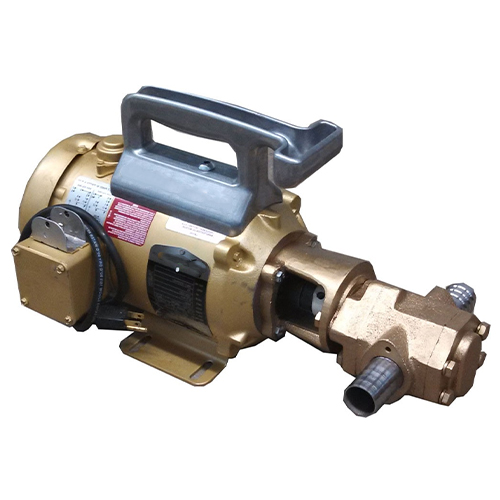In the vast and demanding world of maritime operations, oil pumps play a vital role in fueling engines, lubricating machinery, and transferring various oils safely and efficiently. Given the critical nature of these functions—and the environmental risks involved—understanding the types of marine oil pumps and how to prevent leaks is essential for ship operators and engineers alike.
Exploring the Main Types of Marine Oil Pumps
- Gear Pumps
Gear pumps are among the most common on ships for transferring viscous oils. They operate by meshing gears that create a steady flow, offering reliable and consistent oil transfer. Their simple design makes them durable, but they require precision manufacturing to minimize wear and leakage. - Centrifugal Pumps
These pumps use a rotating impeller to generate fluid flow and are ideal for low-viscosity oils and high-volume transfer. Centrifugal pumps provide smooth flow but can be less effective with very thick oils. - Screw Pumps
Screw pumps handle mixed-phase liquids and are excellent for pumping oils that contain gas or solid particles. Their gentle pumping action reduces shear and helps maintain oil integrity. - Diaphragm Pumps
For handling hazardous or highly viscous oils, diaphragm pumps offer a leak-free, seal-less design that isolates the oil from moving parts, significantly reducing the risk of spills.
Innovative Leak Prevention Technologies
Oil leaks are not just costly; they pose severe environmental hazards. Modern marine pumps incorporate several advanced leak prevention technologies:
- Mechanical Seals with Dual Barriers
Mechanical seals create a tight interface between moving and stationary parts. Dual barrier seals offer an extra layer of protection, ensuring that if one seal fails, the other prevents leakage. - Magnetic Coupling Drives
These eliminate the need for shaft seals by using magnetic forces to transfer torque from the motor to the pump impeller. Without physical shaft penetrations, the risk of leaks is drastically reduced. - Advanced Seal Materials
The use of corrosion-resistant, self-lubricating materials like carbon composites and ceramics increases seal life and reliability under harsh marine conditions. - Leak Detection Systems
Integrated sensors and monitoring systems can detect seal wear or fluid leaks early, enabling preventive maintenance before spills occur.
Why Leak Prevention Matters
Beyond regulatory compliance, preventing oil leaks protects marine ecosystems and reduces cleanup costs and downtime. Investing in high-quality pumps with modern leak prevention tech reflects a shipowner’s commitment to sustainable and safe operations.
Conclusion
Choosing the right type of oil pump and implementing state-of-the-art leak prevention methods is key to efficient and eco-friendly marine operations. As maritime technology advances, pumps continue to evolve—delivering performance with peace of mind.
